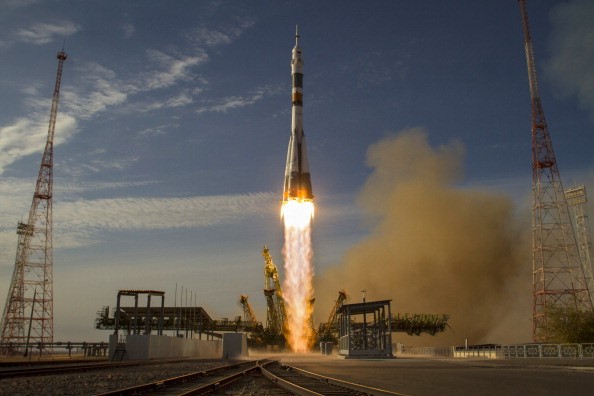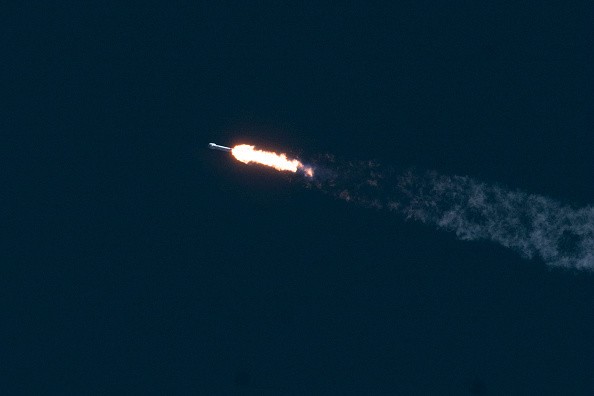Amazon now wants to compete against Starlink and OneWeb in the ongoing internet satellite battle. And now, the giant e-commerce company was able to secure nine Atlas V rockets, which are the United Launch Alliance.

"There are billions of people on Earth without reliable internet, and we started Project Kuiper to help bridge the digital divide in these unserved and underserved communities around the world," said Amazon.
The giant e-commerce company added that the goal of its latest space program, Project Kuiper, is to launch around 3,236 advanced space satellites in low Earth orbit (LEO).
Amazon's internet satellites are expected to be more affordable compared to the ones offered by SpaceX and OneWeb, as well as provide fast internet service to places where Wi-Fi signal is inaccessible.
Amazon Kuiper Vs. Elon Musk's Starlink
Right now, Amazon's current project is still behind Elon Musk's Starlink program and OneWeb's.

Amazon's plan is to send more than 3,000 satellites into space, which is higher in numbers compared to OneWeb's internet satellite program.
According to BBC's previous report, OneWeb only plans to deploy more than 140 internet spacecraft since it believes that they could still provide efficient internet service without sending thousands of internet rockets.
Engadget reported that United Launch Alliance's Atlas V spacecraft will support the space program of Amazon.
"Launching a constellation on this scale is no small feat, and we will need multiple launch vehicles and launch partners to support our deployment schedule," explained that giant e-commerce company.
Amazon plans to complete its project on 2029
Amazon said that its internet satellites will need more rockets before the company can send all its rockets into space. Because of this, the e-commerce company's internet satellites are compatible with multiple launch spacecraft.
This means that Amazon could also receive some help from other agencies and space companies. On the other hand, Amazon was able to get the approval of the FCC. The company agreed that it will only put half of its internet satellites in orbit by 2026. Amazon also confirmed that it expects that all of its rockets will be deployed by July 30, 2029.
For more news updates about Amazon's Project Kuiper and its upcoming space activities, always keep your tabs open here at TechTimes.
Related Article : SpaceX Gets $2.89B Contract from NASA for Artemis Moon Mission to Use HLS Starship Lander Since the Apollo
This article is owned by TechTimes
Written by: Giuliano de Leon
ⓒ 2025 TECHTIMES.com All rights reserved. Do not reproduce without permission.




